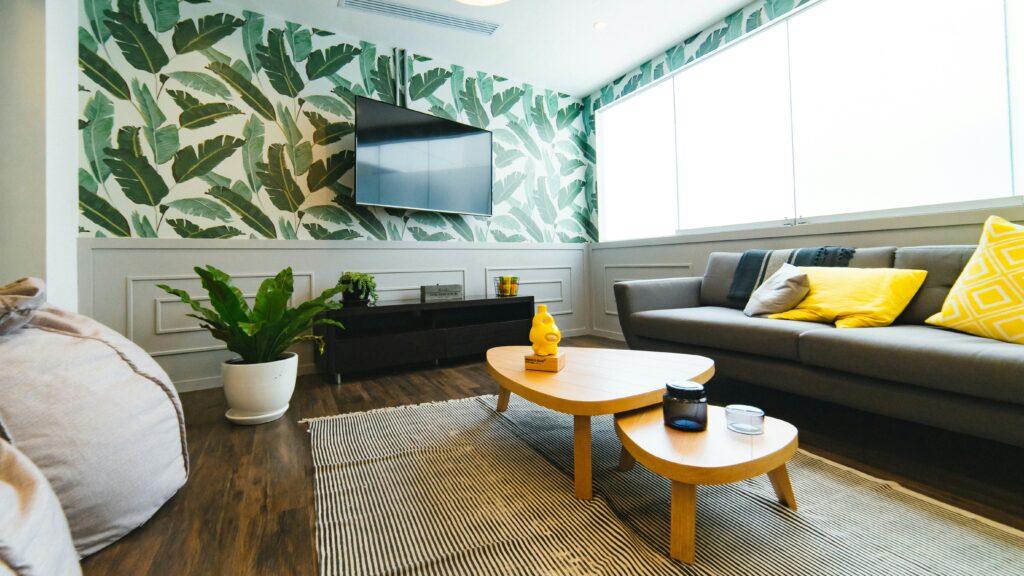When it comes to building a home, energy efficiency is more than just a fashion trend - it's a smart and responsible choice.
In this article, we'll explore the importance of active and passive energy efficiency in the construction of a home, highlighting how these practices can not only reduce environmental impact but also generate significant long-term savings and create more comfortable and healthier environments for residents.
1. Active Energy Efficiency: Technology and Innovation.
Savings and comfort in your home.
Active energy efficiency involves using technology and innovation to minimize energy consumption in a home. This can include installing efficient heating, cooling, ventilation, and lighting systems, as well as energy-efficient appliances and electronic devices. By choosing advanced energy solutions, owners can drastically reduce their energy costs and minimize their carbon footprint.
Benefits of Passive Energy Efficiency
- Cost Reduction: Efficient energy systems consume less electricity, resulting in lower energy bills over time.
- Thermal Comfort: Efficient heating and cooling systems keep your home's internal temperature more stable and comfortable all year round.
- Durability: High-efficiency equipment and devices tend to have a longer lifespan and require less maintenance over time.
- Smart Technology: Home automation systems and smart devices can optimize energy use, automatically adjusting consumption based on residents' needs and preferences.
2. Passive Energy Efficiency: Sustainable Design and Construction.
Building sustainably saves you a lot of money over the lifetime of the house.
Passive energy efficiency involves designing and building a house in such a way that it makes the most of the natural resources available, such as sunlight, ventilation, and thermal insulation. This can include properly orienting the house in relation to the sun, using sustainable and energy-efficient building materials, and maximizing the effectiveness of thermal insulation and sealing.
Benefícios da Eficiência Energética Passiva:
- Reduced Energy Dependency: Use of free natural resources such as sunlight and ventilation, reducing the need for external energy.
- Thermal and Acoustic Comfort: Effective thermal insulation and adequate sealing ensure a more stable internal temperature and a quieter environment.
- Environmental Sustainability: Construction with sustainable materials and ecological design practices reduce the environmental impact of the house over its lifetime.
- Climate Resilience: Energy-efficient homes are more resilient to temperature fluctuations and extreme weather conditions, providing security and comfort all year round.
Smart investment for the future.
Reduces environmental impact, increases comfort and reduces costs.
In conclusion, active and passive energy efficiency play a key role in building sustainable, economical, and comfortable homes. By adopting practices and technologies that minimize energy consumption and maximize the use of natural resources, owners can enjoy a range of benefits, including cost savings, improved comfort and reduced environmental impact. When building a home, consider investing in energy efficiency - it's a smart choice for the present and the future.





